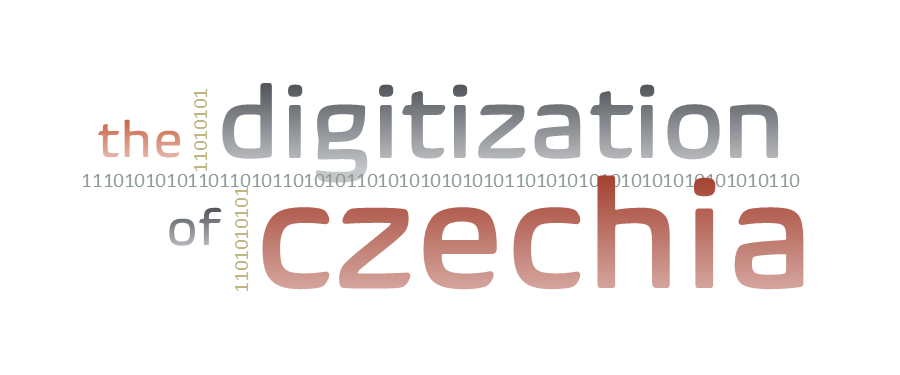In Czechia, the long rivalry between government and business and academics needs to be put aside. Government does not have all the answers. Neither does business, Or academics. Each has contribution to make and each should be respected, and hold itself accountable, for that contribution.
AmCham CZ is grateful to Vice-PM for Digitization Ivan Bartoš, Estonian digitization advisor Marten Kaevats, Deputy Minister Ondřej Profant, Violeta Luca of Microsoft, Nina Beebe and Yohann Bénard of Amazon, Juraj Šedivý of CETIN, Munir Nanji of Citi, Pavel Sovička of Panattoni, Petr Polák of Visa, Richard Stonavský of Vodafone, and Ondřej Krajíček of Y Soft for sharing their insights and technologies. Thank you to Yohann Bénard of Amazon, Tomáš Ščerba of White & Case and the Czech Academy of Sciences AI law expert Alžběta Krausová for sharing their expertise.

Digitization is a vague ambition. You can digitize without improving government services. You can digitize without spurring innovation. You can, in fact, digitize without even using the best technologies currently on the market. To avoid falling into this trap, both business and government must set clear principles and measurable goals for implementing digital solutions to government, commerce and society.
Digitized government processes should serve citizens better, and increase trust in our government (and other authorities) through transparency. Digital processes should make businesses more efficient, more effective in preventing climate change, and more innovative. That will require many different actors, with different specific aims, to work in concert. The usual style of government planning- exclusive and top down- will not work. Digitization is more jazz improvisation than symphony. But even improvisation needs clear themes to avoid turning into cacophony. Technology is the trumpet. Companies' ability to turn technology into useful and scalable services is the technique necessary to make digitization transformative.
On July 21, at AmCham's The Digitization of Czechia conference, we got a glimpse at that technology and those techniques. Violeta Luca of Microsoft gave examples of how citizens could acquire the digital skills needed in this new industrial era. Juraj Šedivý of Cetin underlined the need to use digitized coordination to ensure we install the digital infrastructure needed to utilize digital solutions. Nina Beebe of Amazon showed how satellites can boost small business. Munir Nanji of Citibank showed how municipalities can gather business data to enable more efficient investment. Petr Polák of Visa described how tracing the flow of transactions by tourists can provide insights that improve the returns on any investment into the tourism infrastructure. Pavel Sovička of Panattoni suggested how modelling land plots, municipalities and regions digitally can more effectively utilize land, and Richard Stonavský of Vodafone explained their plans to connect rural areas to the digital infrastructure.
Participants also examined whether the country would benefit more from digital soveriegnty or digital alliances. Yohann Bénard of Amazon and Ondřej Krajíček of Y Soft explained how digital companies working in democratic countries can deliver better economic and social results through harmonized regulation and cooperation. Tomáš Ščerba of White & Case and Alžběta Krausová of the Institute of State and Law presented a checklist of digital regulation that could spur Czech innovation.
The conference will be followed by workshops this fall on both introducing cutting edge technology to government processes and crafting the right regulation.